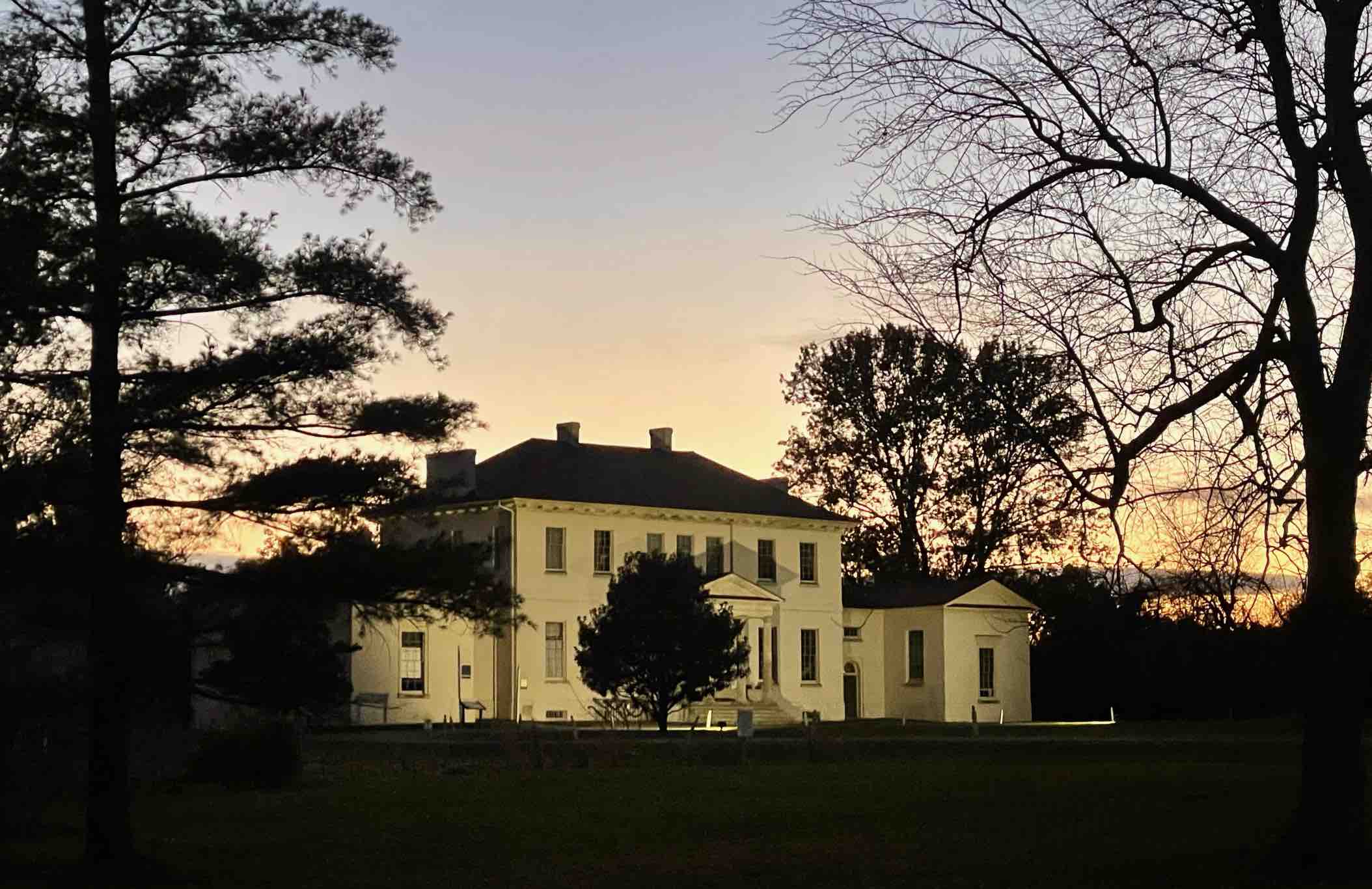
When an epidemic hit Riverdale Park in 1813, those affected did not yet have the scientific understanding to know why it was happening.
Starting in June of that year, people living around the Riversdale estate began falling ill with what plantation owner Rosalie Calvert described as an “extremely malignant bilious disease.”
Historians believe the disease she was describing was typhoid fever, a bacterial infection that leads to 105-degree fevers, weakness and fatigue, headaches and a dry cough.
The Riversdale House Museum recently shared on social media a Nov. 23, 1813 letter from Calvert to her father H.J. Stier in Belgium about the epidemic, which has echoes in today’s fight against the coronavirus pandemic:
“Since my last letter, I have suffered more than I can express. I lost my youngest child, the delightful and lovable little Louise. Two of the other children have been very ill. I myself was at death’s door and escaped only by a miracle, or rather by the grace of God who restored me to life when I thought I had only a few hours left in this world. Our neighborhood was stricken by an extremely malignant bilious disease which began its ravages in June and continued until November.”
Calvert notes that the family’s enslaved people were also stricken, leading to the deaths of three, including a nurse to the children. Unhappy with the young doctor in Bladensburg, she hired a doctor from Georgetown who “charged enormous fees” and was “rarely willing to come out.”
Even if he had, it wouldn’t have helped. With no understanding of germ theory, the principal treatment was bloodletting, which may have had some benefits in the very early stages of a bacterial infection but typically left patients weaker once they were really sick.
Calvert considered leaving the estate behind and taking the family to Philadelphia or Washington, but she decided against it because a move would be expensive, she objected to Democratic control of D.C. and Philadelphia was having its own epidemic of yellow fever. But the epidemic of typhoid fever, which is spread by asymptomatic carriers such as the infamous “Typhoid Mary,” soon passed.
“I hope that we shall never again experience another summer or illness so terrible,” she wrote.
Support the Wire and Community Journalism
Make a one-time donation or become a regular supporter here.


















